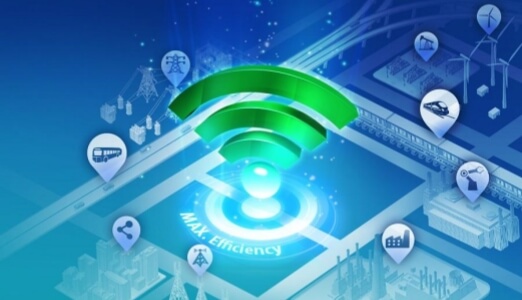From wireless communications to wireless power transmission, wireless technology is driving change in society and transforming the way people live their lives. This paper will delve into various aspects of wireless technology, from its evolution to its impact on society, the economy, and individual lives.

1. Evolution of wireless technology
The evolution of wireless technology can be traced back to the theory of electromagnetic waves as far back as the 19th century. However, truly wireless communications only made substantial breakthroughs in the early 20th century, driving the birth of media such as radio, broadcasting, and television. Over time, wireless communication technologies have continued to innovate, from 2G, 3G to 4G, and now 5G, with each advancement providing faster and more stable wireless connectivity.
2. The Rise of 5G Technology
5G technology, the latest advancement in current wireless technology, is leading the way in the digital age. Its high-speed, low-latency features will not only greatly enhance the performance of mobile communications, but also promote the development of the Internet of Things, smart cities, etc. 5G is not only an upgrade of communication technology, but also a key force for innovation, which will bring new business opportunities and possibilities for all industries.
3. Wireless power transmission
In addition to communication technology, wireless technology also plays a key role in the field of energy transmission. Through wireless power transmission technology, people can get rid of the traditional wire bondage, to realize the wireless transmission of electric energy. This technology has great potential for the development of electric vehicles and wireless charging of smart devices, which will further change our use and understanding of energy.
4. Impact of wireless technology on society
Wireless technology is profoundly changing the social structure and people's daily lives. In the medical field, wireless sensors and remote monitoring technologies make medical services smarter and more efficient. In the field of education, wireless technology provides a more flexible and convenient way for online learning. In the field of transportation, intelligent transportation systems and driverless technologies are improving transportation efficiency and safety.
5. Challenges and Future
Despite the great achievements of wireless technology, it also faces some challenges, such as security, privacy protection, and harmonization of technical standards. However, as technology continues to evolve, these issues are expected to be resolved. In the future, with the continuous evolution of wireless technology, the integration of artificial intelligence, big data, and other cutting-edge technologies will further promote technological innovation and lay a solid foundation for building a smarter and more convenient society.
Conclusion
Wireless technology is not only a link to connect devices, but also an engine to promote social progress. It is changing the way we live, work, and run our society, opening up new possibilities for future development. With the commercial application of 5G technology and the continuous maturation of wireless energy transmission technology, we have reason to believe that wireless technology will continue to lead the trend of technological revolution and connect the common future of mankind.

 CN
CN








 Home
Home DFM
DFM  Jan 03,2024
Jan 03,2024 
 Smart Home System Leads Intelligent Life
Smart Home System Leads Intelligent Life 
 Dec 30,2023
Dec 30,2023 













